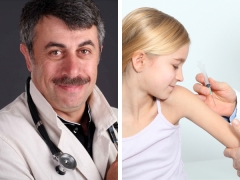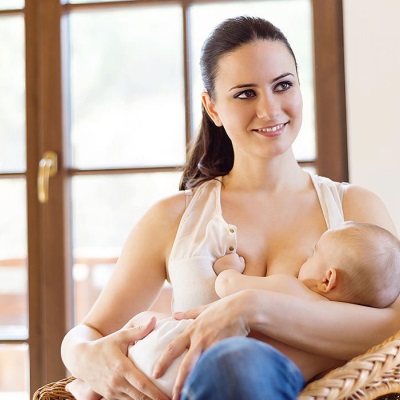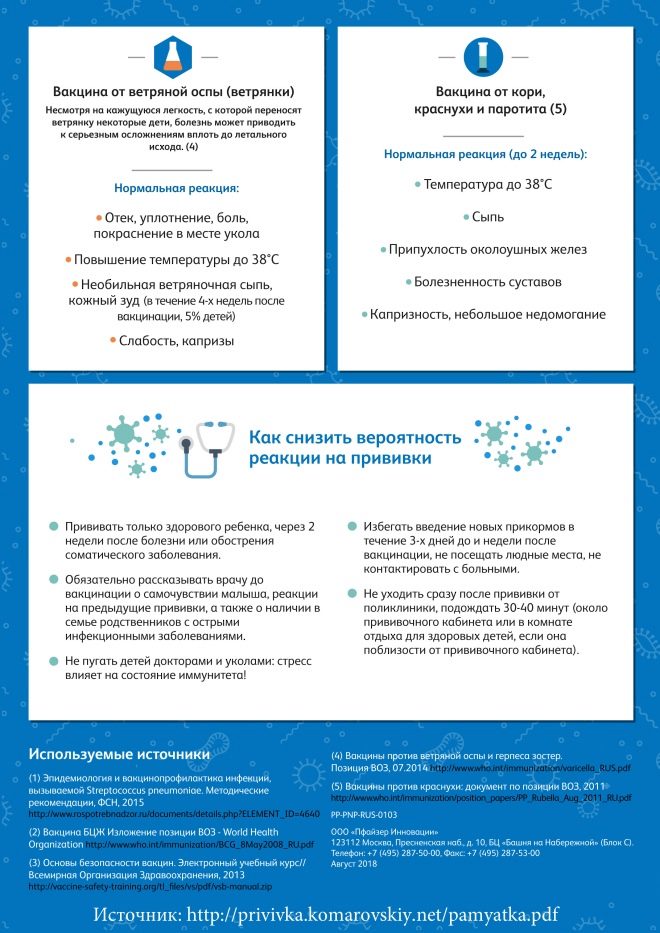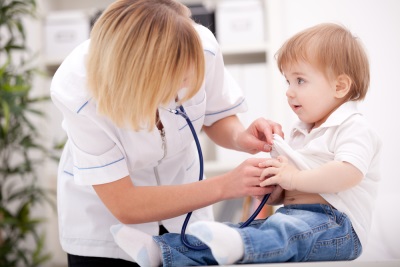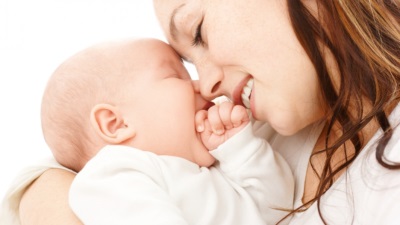Doctor Komarovsky about vaccinations
The subject of vaccinations is the subject of heated debate among those who are for vaccination and those who absolutely refuse it. Let's find out what the famous pediatrician Komarovsky thinks about vaccinations.
Do I need to be vaccinated: "for" and "against"
E. Komarovsky worked for a long time in the infectious diseases hospital. He assures that all diseases that are vaccinated against these days are common now. Children suffer from diphtheria, parotiditis, tetanus, measles, tuberculosis and other infections, and the outcome of such a disease may be different. So Komarovsky is sure that all parents who know how to think and reason sensibly will not doubt that vaccination is important.
Another issue is the risk of a response to the vaccine, which depends mainly on the condition of the baby. If parents are worried about this, then they should not refuse vaccination, but instead direct the forces to prepare the child for vaccinations. Factors such as breastfeeding, avoidance of contact with allergens, healthy lifestyles, procedures hardening and others will help reduce adverse reactions to the vaccine.
It is also important to carry out vaccination in the terms recommended by the pediatrician, as this affects the prophylactic efficacy. Each country has a vaccination schedule that is approved at the state level. It is important for parents to find out about the upcoming vaccine schedule in advance in order to plan their affairs, such as vacation and travel.
Why get vaccinated?
The essence of vaccination is the introduction into the body of a special medical drug, in response to which antibodies begin to be produced. They will protect the person from the dangerous infectious disease against which the vaccine is directed. So the goal of all vaccinations is to stimulate the appearance of such a quantity of antibodies that can protect against the disease.
Each vaccine has a specific scheme of administration, the timing, the way in which they are being vaccinated. And the reactions to different vaccines are different. There are vaccines, one dose of which gives a long lasting immunity, while others have to be administered repeatedly (perform revaccination).
The body's response to vaccination and complications
Komarovsky draws the attention of parents to the fact that a reaction is possible to absolutely any vaccine. It is manifested by lethargy, poor appetite, fever and other symptoms.
Some children tolerate vaccines mostly easily (for example, against poliomyelitis), others give reactions to a large number of babies (for example, DTP).
A popular pediatrician reminds parents that it is important not to confuse the response to a vaccine and a complication after vaccination. If vaccination reactions are quite common and are considered normal, complications are extremely rare. These include a temperature of 40 degrees, loss of consciousness, a rash all over the body, suppuration of the injection site, seizures, and other adverse symptoms. Complications are always analyzed by doctors and can be an obstacle for further vaccination.
When can not be vaccinated?
Komarovsky reminds that it is impossible to vaccinate a child who has any acute illness. It is especially important that there be no infectious disease, since vaccination affects the immune system. After all, so that the body responded to the vaccination, as expected, its immune system should not be occupied by other "things." So symptoms such as a rash, fever, diarrhea, and a runny nose should alert the parents and prevent them from vaccinating the baby at that moment.
At the same time, non-communicable diseases and infections without disturbing the general condition will not be contraindications to vaccine administration, with the exception of infectious mononucleosis and chickenpox. These diseases affect the immune cells, so they are not immunized with them, even in the normal state of the child.
Preparation for vaccination
According to Komarovsky, special preparation for vaccination is not needed. It is recommended not to experiment with new foods, and if the child has a tendency to allergiesThe doctor may prescribe anti-allergic treatment before vaccination. It is important that it is prescribed by a doctor, therefore parents should not give antihistamines to the baby on their own initiative.
What to do after vaccination?
Komarovsky advises:
- Provide your child access to clean air. If the temperature is normal or increased to 37.5, the popular pediatrician recommends walking. At the same time, communication with outsiders should be limited so that other microorganisms do not get to the baby and do not interfere with the development of immunity.
- Follow the child's appetite. If he eats, it’s better to feed the baby a little, and if the child refuses to eat, feed him only at will. But you need to give more drinking. It can be water, tea, compote.
- If the reaction to the vaccine is expressed, you need to call a doctor. Without consultation with the pediatrician, paracetamol can be given to the child in any form.
